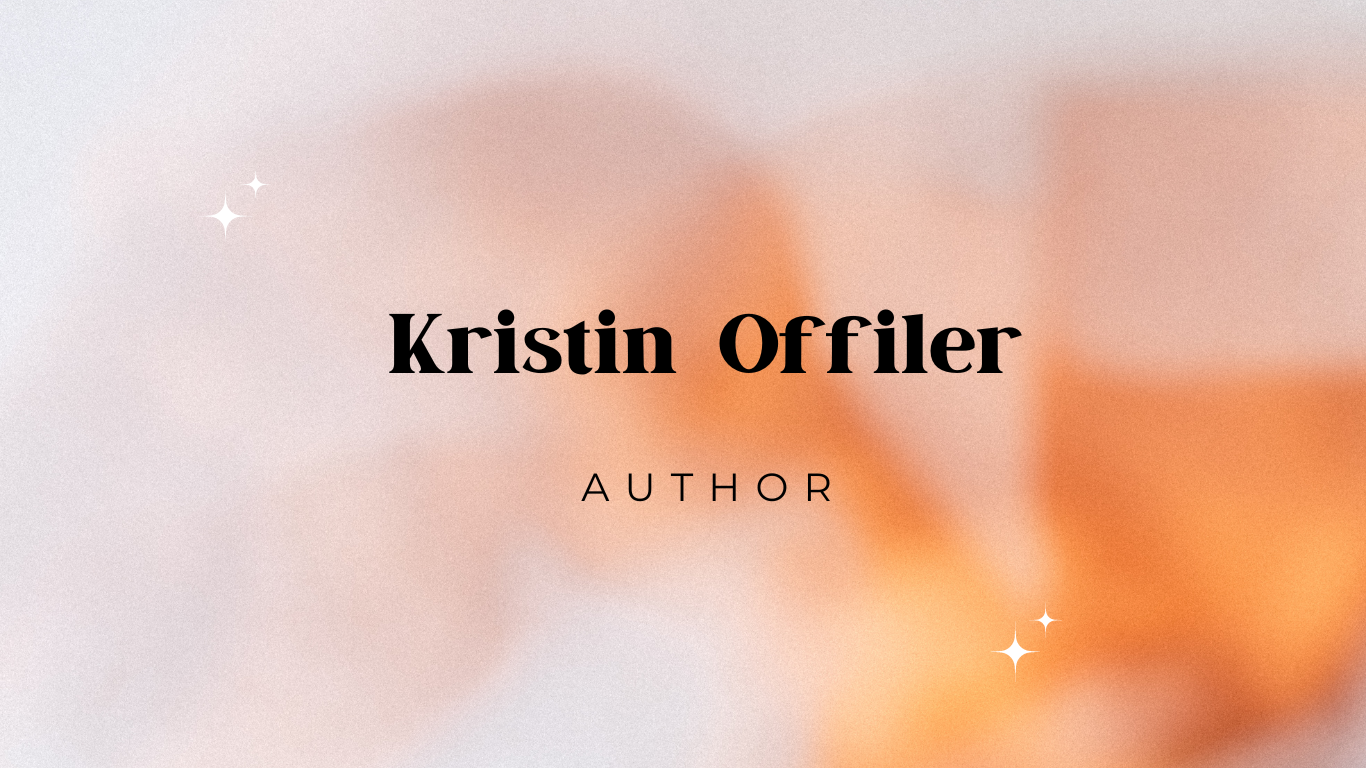Zero Time To Write? Here’s How To Fit It In.
A well-meaning but misguided person once told me that I’d never write after I had kids.
In fairness, she had a small child, a full-time job, and wasn’t a writer herself, but still. You know what writers don’t ever need to hear? All the ways life will make writing difficult or impossible.
We don’t need to hear that because most of us are already battling a full range of reasons not to write every single time we sit down to do it.
One of the top reasons is that we don’t have time. We’re too busy with life and everything we have to do to keep our lives running smoothly. Writing, especially if no one’s waiting for you to finish a story, can often feel superfluous.
It can feel like a waste of time when you’ve only got thirty free minutes, a huge to-do list, and low energy. It can feel indulgent. Excessive. Pointless.
But, for many writers, not writing is not an option. So how do you fit it in when you have zero free time?
1. Rethink your writing sessions.
I used to be very precious about my writing sessions. For example, if I didn’t have a full hour or two at my disposal, I wouldn’t write at all. If you have the same all-or-nothing mindset, or if you need optimal conditions before you write, try rethinking that a bit. Try writing in ten-minute bursts throughout the day. Try writing by typing ideas into your Notes app on your phone while you’re going about your day. Let go of your rules around writing sessions and experiment with flexibility.
2. Take stock of wasted time.
Most of us don’t use every single minute of our day for something productive. We’re human, after all. There’s nothing wrong with idle time, but those are the places to mine for writing time. If you find yourself mindlessly scrolling through Instagram, open up a blank email or your Notes app instead and write out a list of specific things you observed around you that day. If you’re watching TV after dinner, turn it off after the show ends and write by hand for ten minutes. Instead of scanning the news while your coffee brews in the morning, read a short story. Find the “wasted” time in your day, even if it’s just a few minutes at a time, and repurpose it when you can.
3. Give yourself permission to not write.
Maybe this seems counterintuitive, but hear me out. There are people who claim writers must write every single day, or else. Or else what, exactly? Do we shrivel up? Do we stop knowing how to write? Obviously, no. If your life is very full and your bandwidth is very low but you really love writing and want to do it, give yourself permission to not write. The sooner you take the pressure off yourself, the better. Maybe you can find ten minutes a day to write, but you’re so bone-tired you just can’t do it. Fine! Listen. It’s totally ok. Believe that you’ll get back around to your writing when you can.
Trust that you’re always doing some form of writing just by existing in the world and observing it like only a writer can.
Sometimes we say we have no time for something because we don’t want to do it, either because it’s unpleasant or we’re afraid to tackle it.
Sometimes we genuinely have no time, and the little time we do have should be spent on other things, like sleeping or being with people we love.
You don’t have to write every day, or for huge swaths of time, to make real progress as a writer. I revised my novel over the course of a few months while my newborn slept on my chest. I never knew how much time I’d have, and I couldn’t work up the brainpower to do it daily, but even the small blocks of time added up.
Every small action you take that works writing into your life adds up. Just do the small actions over and over until you’ve got something bigger you can point at and say, That right there? I wrote that when I had no free time.
